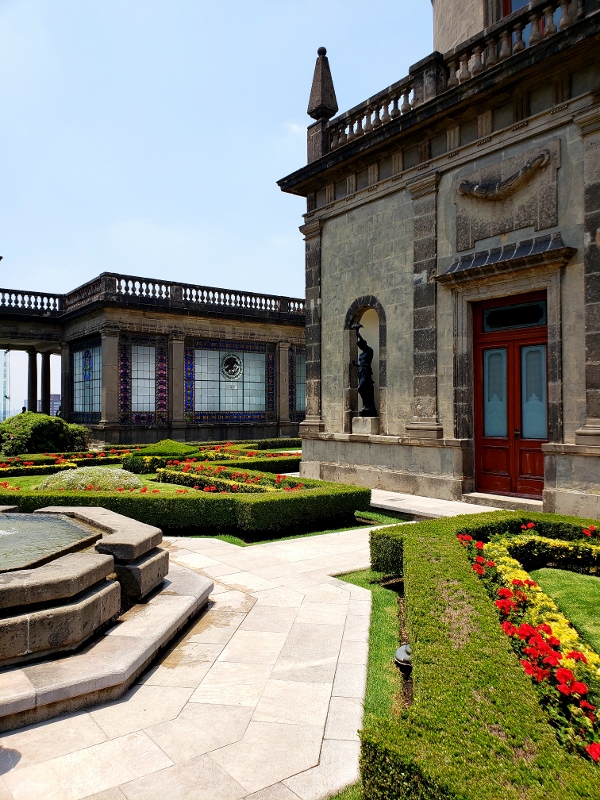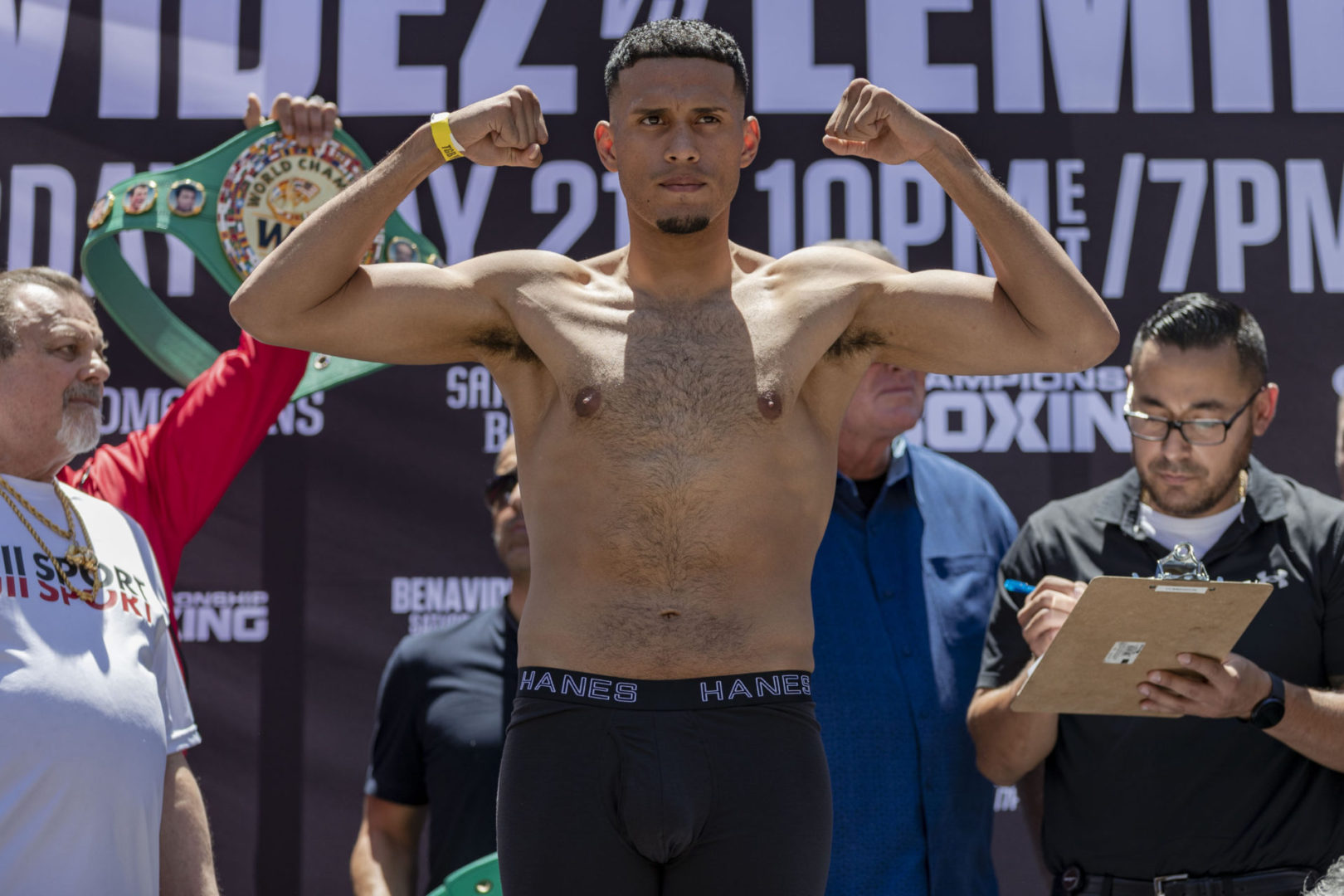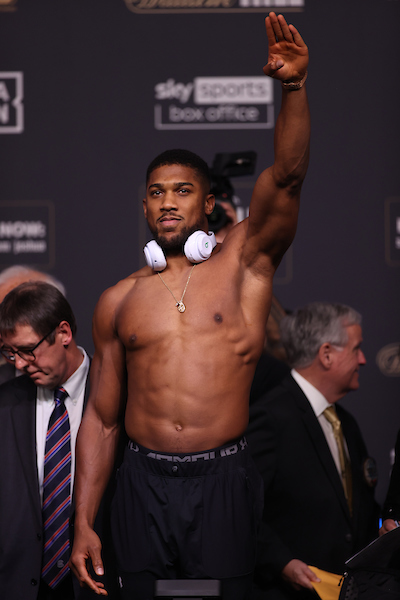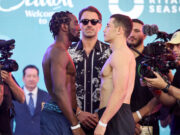
By Bart Barry-
Editor’s note: For part 18, please click here
MEXICO CITY – Beautiful is a word I didn’t think to associate with this city before visiting because I’d not heard anyone call it that, and so perhaps I’ll be its first. After nearly a dozen encounters with its airport I am for a first time without its airport, in La Condesa neighborhood specifically (11 kilometers west of Romanza Gym), and nearly enchanted by the city’s beauty.
It is doubtful either the Brothers Marquez, on their first trip to Romanza, or their mentor and trainer, Nacho Beristain, would recognize very much of their city that I’ve seen and plan to describe. This neighborhood is “fifí”; a playfully derogatory Spanish term, like “spoiled” or “snobbish”, that invests its target with a pride proportionate to its speaker’s envy. It is Barcelona much more than Ciudad Juarez and remarkably devoid of what dust and noise dominates most Latin American capitals from here to Patagonia.
The people are more courteous, or at least less numerous, than anticipated. And about them, here’s an observational parallel: The populations of Mexico’s two largest cities mirror the populations of the United States’ two largest cities both in appearance and mien. Mexico’s second-most-populous city, Guadalajara, has the beautiful people – just like Los Angeles. Mexico’s most-populous city, this one, has the ambitious ones – just like New York. There’s a quicker pace here than in Guadalajara; one imagines it far easier to move from here than to move to here; if few passersby could pass by beauty alone in Guadalajara, they come from a place where no one passes by beauty alone.
This neighborhood is aspirational bohemian (a redundancy in most cases, that) and traffics in the expected incongruencies of the combination. Lots of serious eyeglass frames and fashion beards complemented by an inexplicable tendency to sit among familiars and exaggerate to strangers – effectively, to care less about the opinions of those you see daily than those whom you’ll never see again. In the Massachusetts of my youth we’d’ve called most guys here “faggy”, but the slur strikes me as entirely inappropriate today for more than just the obvious reason.
Thirty-five years ago we called each other by gay slurs in large part because we didn’t know any gay people, or if we did, we didn’t know we did – I can confidently state I never called a gay classmate by a gay slur because, by dint of inexperience and misperception, the guys I targeted went on to have wives and children. We used gay slurs to imply something like fifí – delicate, preoccupied by others’ judgments, unlikely to mate. And therein lies an irony one sees quite a bit in this city but especially in Nuevo Polanco, with its art collections and homage plazas built by Carlos Slim.
The only obviously mated folks are the gay ones. While their ostensibly heterosexual peers engage with platonic hugs and fraternal banter, the men who like men are kissing, the women who like women are holding hands, the only couples anyone can say with confidence are coupled share the same gender. It’s delicious ironic for an American raised in the airhead morality of “family values” th’t in 2019 the only men in our continent’s largest city secure enough in their masculinity to show public love are those gazing longingly in other men’s eyes.
Dude, this is getting uncomfortable. Can we get back to Juan Manuel or Rafael?
I thought of them a bit a few days ago in Papalote Museo del Niño, this country’s largest children’s museum, as the young guides doggedly presented their educational wares to father and son alike. Unlike their lessinspired American counterparts in San Antonio’s DoSeum, a sister venue with a video feed into Papalote, coincidentally, Mexican guides do not allow failures in their exhibitions. You sit at a table, whether to assemble from papercups a windtunnel-ready flying saucer or to repair a deadbolt lock, and you do not leave till your work is complete – lest a guide less than half your age lecture you on what a poor example you’re setting as a quitter. And it works. You feel triumphant when you eventually win that teenager’s stern approval.
It made me wonder what Beristain told the Brothers Marquez during their first week in his gym. Did he have to tell them the consequences of their new vocation? did he have to invest them with the seriousness of their hoped-for craft? was Rafael already the more physically gifted specimen? was it obvious to Beristain?
At Castillo de Chapultepec the next day I thought of Marco Antonio Barrera, as I often do. Also a chilango – and that’s a loaded term, too, as Ciudad de Mexico is no longer a federal district but recently a state of its own surrounded by a state named Mexico in a country named Mexico, though a city-cum-state whose residents may or may not still call themselves chilangos and probably should be offended if you were to – Barrera somehow doesn’t belong in a boxing gym, in my imagining of him. While Juan Manuel Marquez labors under Beristain’s tyrannical tutelage in Romanza, Barrera gazes across his city’s extraordinarily large forest park from the ramparts of Maximilian’s royal home and relies solely on contempt for opponents to prepare himself.
Did you forget Barrera and Marquez fought 12 years ago? I had. Then it came to me while touring the castle, in a memory of Barrera’s petulant scowl when he dropped Marquez on his gloves at the end of round 7, paused for two full beats to line him up, and then clocked his felled opponent with a right uppercut. Cold contempt, not rage – an almost comical contempt.
A beautiful city filled with aspirational inhabitants incubated contempt, apparently, in one of our beloved sport’s largest brains.
Bart Barry can be reached via Twitter @bartbarry






















